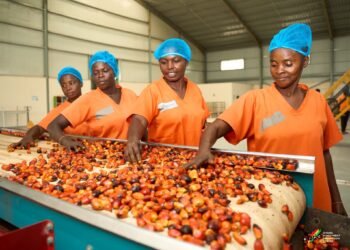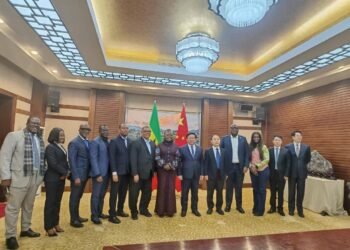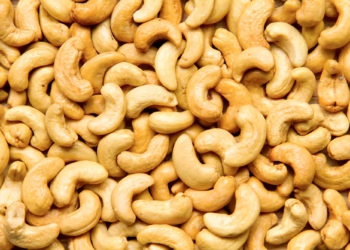A study’s findings have sounded caution to the Fishery Ministry to properly design climate change mitigation measures for Ghana’s water bodies as fishers’ livelihoods worsen.
Aside from the numerous constraints fishers face, including inadequate access to credit and fishing equipment, the decline in fish catch, price fluctuation of fish, unfavorable government policies, and insufficient access to fishery extension in their fishing activities, fishers’ have no choice but to battle climate change impact, the study reported.
There is no definitive evidence in Ghana dedicated to combating climate change’s effects on water bodies. This the study noted, is attributed to the fact that the climate change concept has not been adequately captured in the local Ghanaian language, making it difficult to explain in clear terms, especially among fishers’. That notwithstanding, these fishers could pinpoint how the changes in the weather have affected their fishing business.
The study interviewed about 350 fishers in the coastal regions of Ghana to assess how climate change has impacted their livelihoods. The study revealed that more than half (about eighty-four percent) of the fishers’ spent less days on the sea 10 and 5 years ago compared to now.
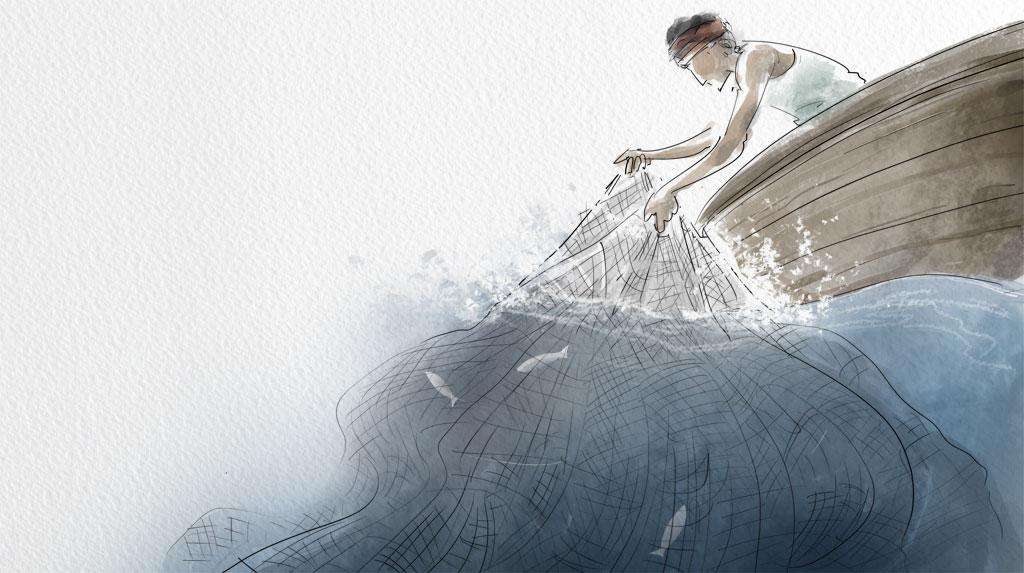
Decline in fish catch, reasons
According to the study, the fishers’ did not only complain but lamented the decline in fish catch. The fishers confirmed that they go to sea and sometimes spend a week and come back home with nothing but waste materials in their net.
The study also added that the big trawlers on the Ghanaian sea owned by Chinese companies are doing a lot of harm than good to these fishers’. The Environmental Justice Foundation (EJF) captured it this way “Ghana is missing out on between 14.4 -23.7 million US dollars every year in fishing license fees and fines from trawlers. Ghana’s fees and fines are kept low for local vessels, yet 90% of the Ghanaian trawler fleet is owned by Chinese corporations who use local ‘front’ companies to register as Ghanaian and circumvent the law”.
This opacity over ownership allows Chinese corporations to pay well below the market value for access to Ghana’s ocean resources and commit illegal fishing offenses without fear of significant repercussions.
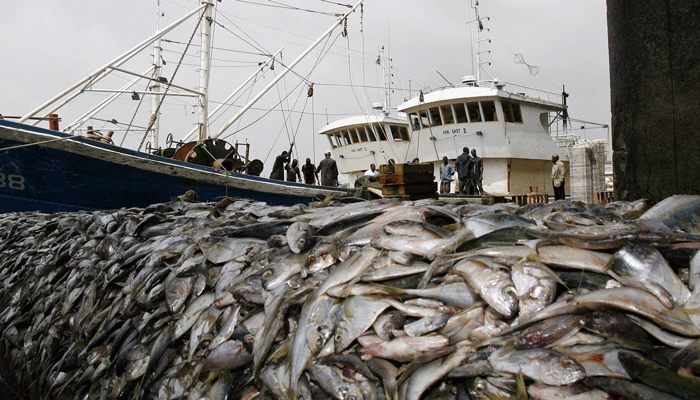
The fishers’ revealed that they could not get enough catch even in peak seasons hence are sometimes forced to cross the border searching for a bountiful catch”.
“We spent fewer days on the sea five and ten years ago than today, this increase quantity of pre-mix fuel we use. This predicament is not only the result of changes in the climate but due to the numerous Chinese trawlers on the Ghanaian sea,” the study revealed
The fishers lamented that they sometimes park their boats and canoes and nets and enter into farming because doing only fishing means their families would go hungry.
Mitigating climate change impacts to improve fishers’ livelihood
Unfortunately, with these significant adverse impacts of the climate on the fish stock, millions of lives depend on these same fishing stocks for survival in Ghana.
The study has called on the Marine Fisheries Research Division to carefully design planned interventions to address the climate vulnerabilities fishers in the coastal regions of Ghana face, adding that trawlers on the Ghanaian sea are regulated.
The study also has called on the Fisheries Ministry to design ‘climate smart-fishing activities’ for fishers to adhere to safe fishing practices and the general public to keep Ghana’s water bodies free and clean from waste materials, adding that restocking Ghana waters with fingerlings yearly would help improve the livelihoods of these fishers.
Also, fishers should be trained to control their financial and natural assets. The study noted that this is because all of the assets, when used simultaneously, would improve fishers livelihood.
READ ALSO: Ghana’s 2019-2023 Country Strategy Yielding Results




